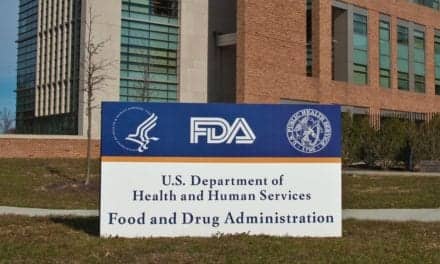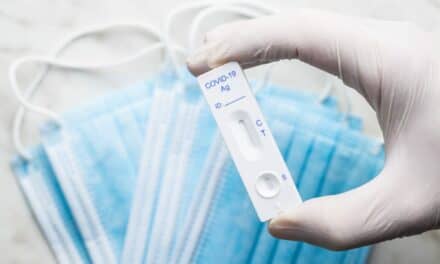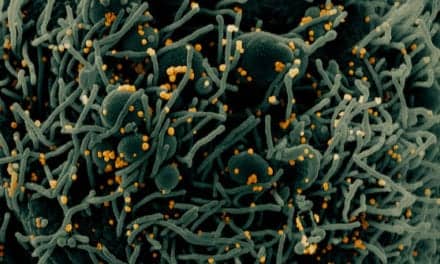A study that screened asymptomatic workers throughout Canada for SARS-CoV-2 via rapid antigen tests showed the overall rate of false-positive results among the total test screens was very low.
The study, published in JAMA, looked at the results from rapid antigen tests that were administrated as an extra layer of protection to control transmission in workplaces throughout Canada by the Creative Destruction Lab Rapid Screening Consortium (CDL RSC). The Consortium is a collaboration among businesses, researchers, and government working together to promote the launch of workplace rapid screening across Canada to reopen the economy in a safely
The study examined rapid antigen tests conducted by employees from Jan. 11 – Oct. 13, 2021, with some workplaces providing at-home screening and others on-site screening programs. Over this period, Canada experienced two significant variant–driven waves from March to June and August to October. The study found only .05% of over 900,000 tests administered had false-positive results.
The study also noted that a cluster of false positives at two workplaces was likely the result of manufacturing issues rather than implementation and demonstrate the importance of having a comprehensive data system to quickly identify potential issues. With the ability to identify batch issues within 24 hours, workers could return to work, problematic test batches could be discarded, and the public health authorities and manufacturer could be informed.
The study is available online at JAMA.





